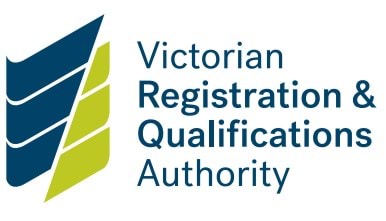About the Standard
Equity is upheld and diverse needs of children are respected in policy and practice.
This Standard requires non-school providers to pay particular attention to the needs of vulnerable students. Non-school providers will often have vulnerable student cohorts.
The Royal Commission found that vulnerable children are at greater risk of harm. Non-school providers must support vulnerable children and make sure that all children feel welcome and supported in policy and practice.
How to comply
A non-school provider must ensure that they:
- make sure all staff and volunteers understand the diverse circumstances of children and how to support and respond to those children
- review existing documents or strategies to meet requirements or develop a new policy or document
- provide support, information and complaints processes for all students that are:
- accessible to children
- culturally safe
- easy to understand
- support and respond to the needs of vulnerable children, including children who are:
- Aboriginal
- from culturally and linguistically diverse backgrounds
- have a disability
- unable to live at home
- lesbian, gay, bisexual, transgender or intersex.
Examples of compliance
A non-school provider complying with this Standard may:
- discuss needs of vulnerable students with families or carers and implement supports or provide access and information about services for those students
- develop complaints processes and procedures that:
- are available in a range of different languages (as appropriate)
- make it easy for students to raise concerns
- are child-centred
- are culturally safe
- involve parents or carers in the process
- consider the support children may need to raise a complaint
- have youth workers or other supports for children, or provide information about where children can access support services
- communicate zero tolerance for discrimination and bullying
- publish diverse images of students in publications.
Updated


